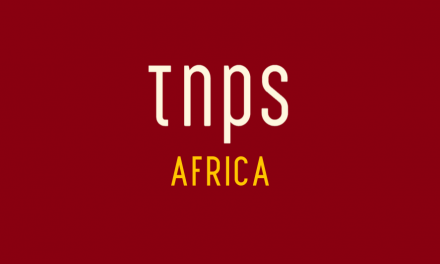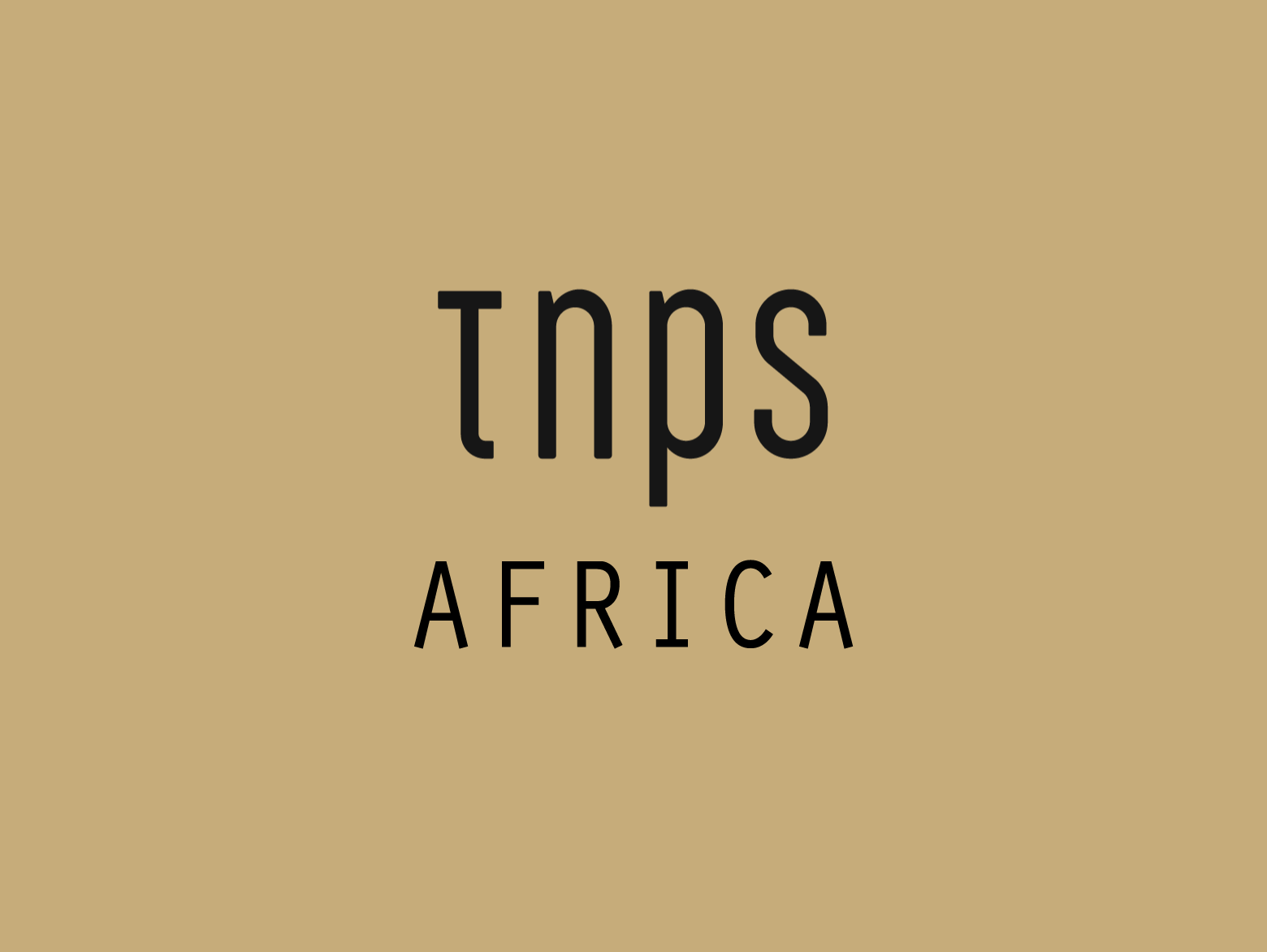In March of this year Ethiopia surpassed 40 million people online (41million to be precise), making it the fourth largest country in Africa by internet users, after Nigeria, Egypt and Kenya, meaning Ethiopia is ripe for digital publishing disruption.
In the Ethiopian Herald this past week, a saddening tale of a country without an annual book fair takes centre-stage. The very idea is alien to most reading this post, and for authors and publishers in India, a country of wall-to-wall book fairs, Ethiopia must seem like a different planet.
But of course, Ethiopia is in Africa, and as we all know, Africans don’t read, so we should not be at all surprised. Except, Africa is home to many of the world’s largest book fairs, that can attract millions, literally, of visitors each year (Cairo and Algiers, for example).
And in fact it is from Egypt, where the Alexandria national Book Fair has not long concluded, that Mulugeta Gudeta takes inspiration to call for Addis Ababa to have its own annual book fair.
In a compelling post at the Herald, Gudeta opines that, while Alexandria has become a cultural staple, offering a platform for book sales and cultural activities, Addis Ababa, despite it cultural diversity and historical significance, has yet to establish a regular annual book fair. But, argues Gudeta, the city, a melting pot of various cultures and ethnic groups, has the potential to become a major cultural hub. Ethiopia, with its rich history of written scripts and literature, and has much to learn from Alexandria’s example.
Egypt and Ethiopia are among Africa’s oldest written civilizations, each with unique contributions to literature. Egypt’s strategic location has facilitated the development of Arabic literature, while Ethiopia’s Ge’ez and Amharic languages have deep historical roots. Despite these differences, both countries share a rich literary heritage.
In Ethiopia, argues Gudeta, regular book fairs could serve as a catalyst for cultural cohesion and literary development, and Addis Ababa could become a centre for African culture.
Stepping back to look at the bigger picture, Ethiopia’s rich and diverse literary heritage, with works in languages like Amharic, Tigrinya, and Oromo could provide a firm base for an annual book fair, but realities on the ground for authors, publishers and readers alike, mean good quality books are often unavailable because of high costs for publishing and distribution, making books expensive.
I’ll defer again to Gudeta, this time writing in Geeska Africa, where it is noted Ethiopia’s publishing history dates back 600 years, with significant contributions from ecclesiastical works and missionary societies. Modern publishing began in the 19th century under Emperor Menelik and expanded with the establishment of the Berhanena Selam printing press in 1914.
But publisher numbers have been in decline, and at the same time self-publishing has developed to try fill the void, not always successfully. As with self-publishing everywhere, for every professionally-minded author that understands the need for editing and formatting, there will be many others that do not.
With the high costs and low royalties associated with mainstream publishing houses, self-publishing continues to be a favoured option for many authors, but the market, long dominated by a few monopolistic enterprises, has inhibited meaningful competition and growth to the detriment of all, while simultaneously preventing new authors establishing their brands.
Digital in the form of POD, ebooks and digital audio, could yet transform Ethiopia’s publishing industry. In March of this year Ethiopia surpassed 40 million people online (41million to be precise), making it the fourth largest country in Africa by internet users, after Nigeria, Egypt and Kenya, meaning Ethiopia is ripe for digital publishing disruption.
This post first appeared in the TNPS LinkedIn newsletter.





